Growing as an Enneagram Two: The HelperSample
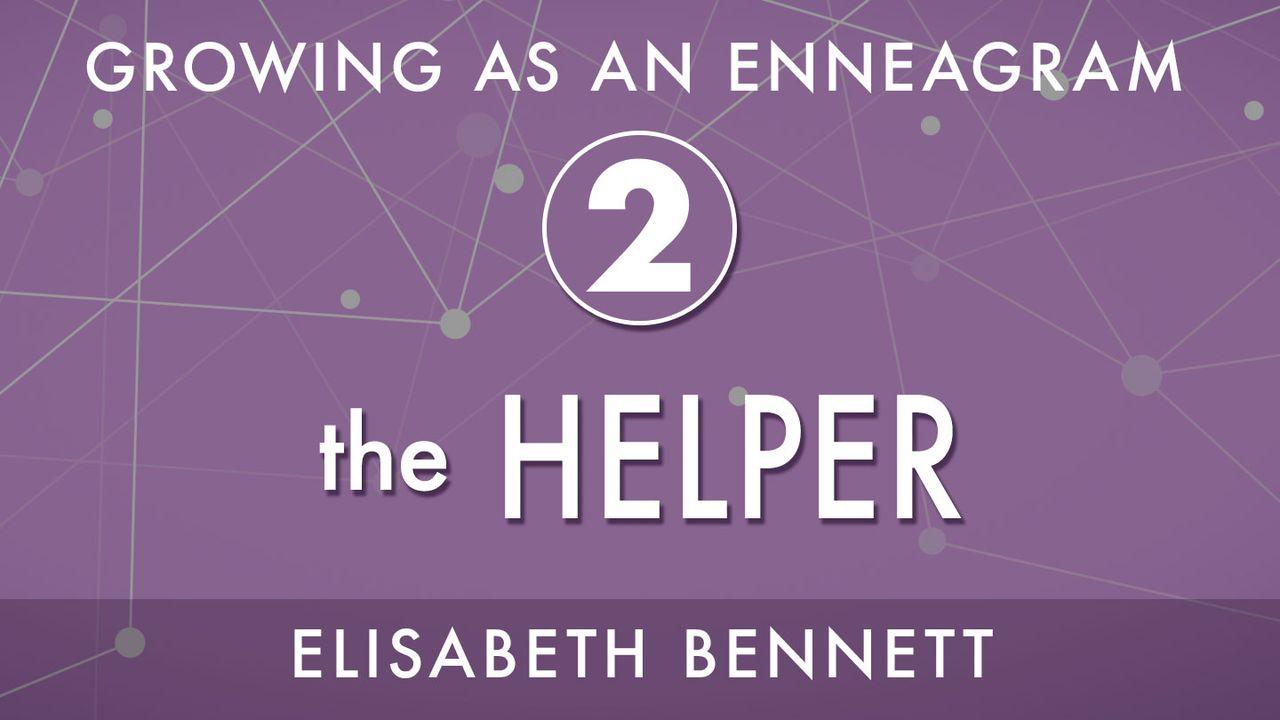
Manipulating with Passive Aggression
Passive aggression and manipulation often go hand in hand because the motivation for both is often very similar. Both manipulation (skillfully controlling a situation without being forthright) and passive aggression (resisting the demands of others and avoiding direct confrontation) are like saying, “I want my way, and I want you to know what I want. However, I’m not going to risk rejection, confrontation, or voicing my needs to get it.”
People who are prone to manipulation often use passive-aggressive tendencies to make a point or say something without actually having to say it.
You may not sign a goodbye card at work because you’re mad your friend is leaving and will be getting paid more. You’re saying you’re mad, but you’re not actually saying it. Your husband came home late for the third time this week, so today you didn’t make dinner. You’re saying you’re upset, but you’re not actually saying it. Your mom bought your sister a huge birthday present, but she only bought you a $25 gift card to the mall, so you pretend to be too busy to get your mom something for her birthday. You’re getting revenge without saying a word.
Passive aggression is a form of lying. It is sin and it never delivers on its promise. Passive aggression says, “You don’t need to risk anything to make your point; you don’t even have a say a word.”
But the problem is that you are hurting someone, and it’s very likely that the point you’re trying to make is getting lost in translation. The other party doesn’t get to voice his or her side. You’re making a point to cover you and it hurts someone else.
Passive aggression seeps out when you try too hard to shove your emotions down. Twos use repression as a defensive mechanism. The problem is that repressed emotions still come out; they often come out sideways in the form of passive aggression.
Speaking the truth in love is the opposite of manipulation. Speaking the truth in love says, “I love you enough to be honest with you about my feelings or needs, even when I’m hurt.” We need to treat the people we love with honesty and believe that they want a good relationship just as much as we do.
Scripture
About this Plan

The Enneagram is an ancient personality typology. The theory behind it is that a person assumes one of nine personalities in childhood as a reaction to discovering the world as a scary, unkind place, and thus unlikely to accept their true self. This devotional is designed for Enneagram Twos, also known as the Helper.
More
We would like to thank Whitaker House for providing this plan. For more information, please visit: https://www.whitakerhouse.com/book-authors/elisabeth-bennett
Related Plans
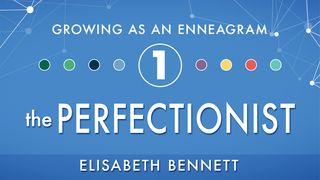
Growing as an Enneagram One: The Perfectionist
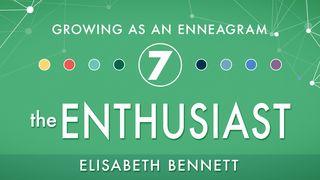
Growing as an Enneagram Seven: The Enthusiast
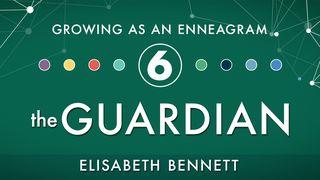
Growing as an Enneagram Six: The Guardian

Break Trail
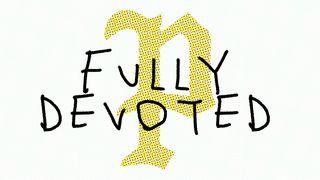
Fully Devoted

Pass It On

Protests & Prayers: God’s Word on Injustice

Up! We Will Elevate (Week 6)

Elijah. Man of Courage, Man of Faith, Man of God.
